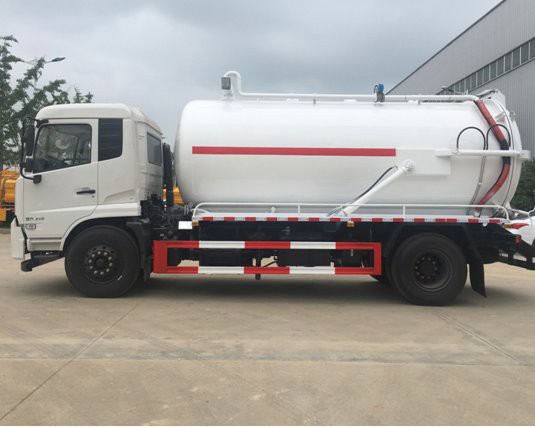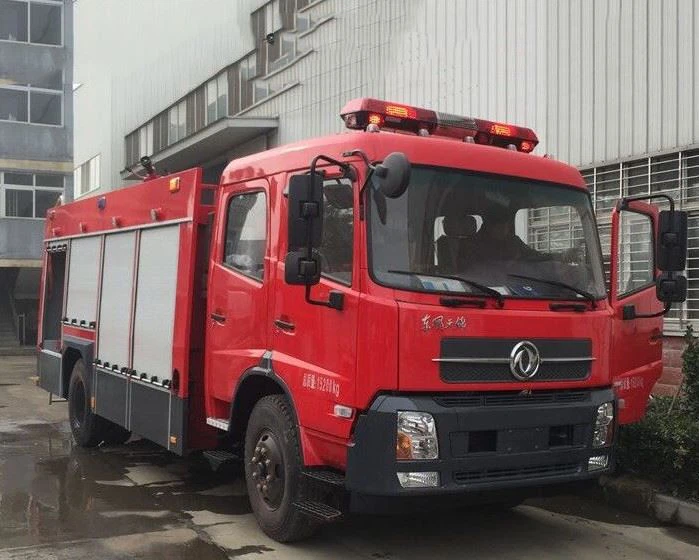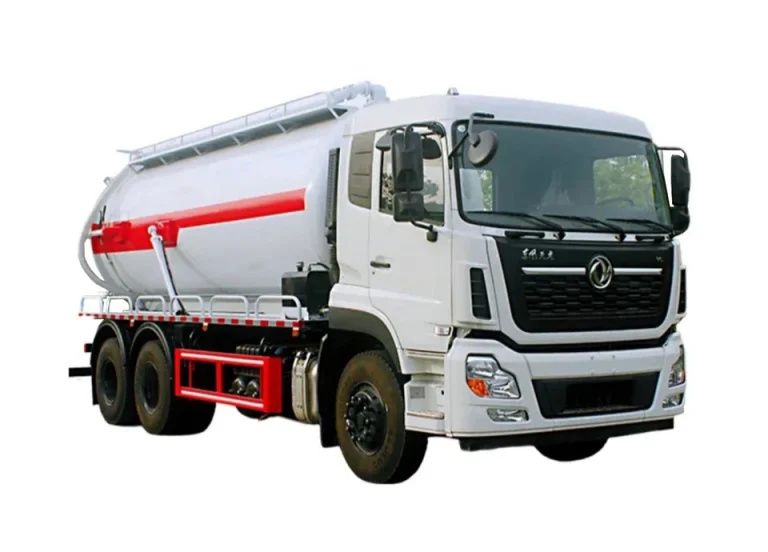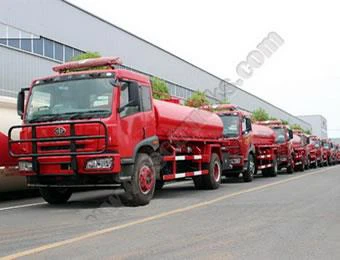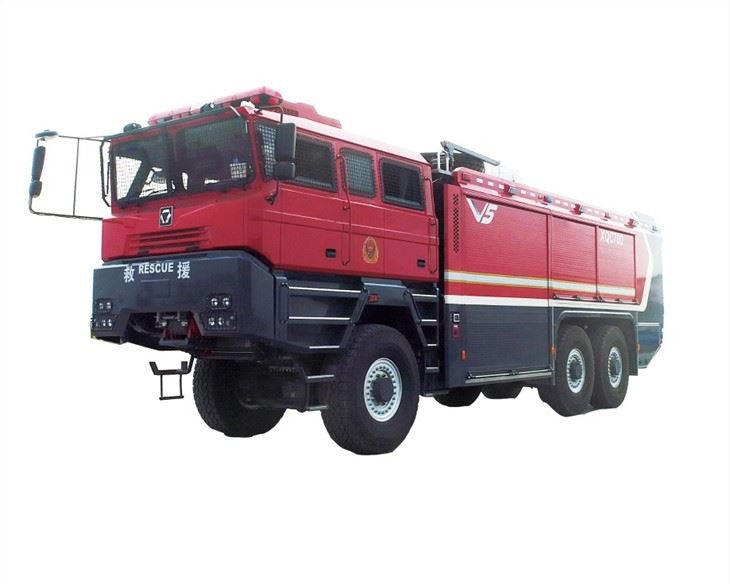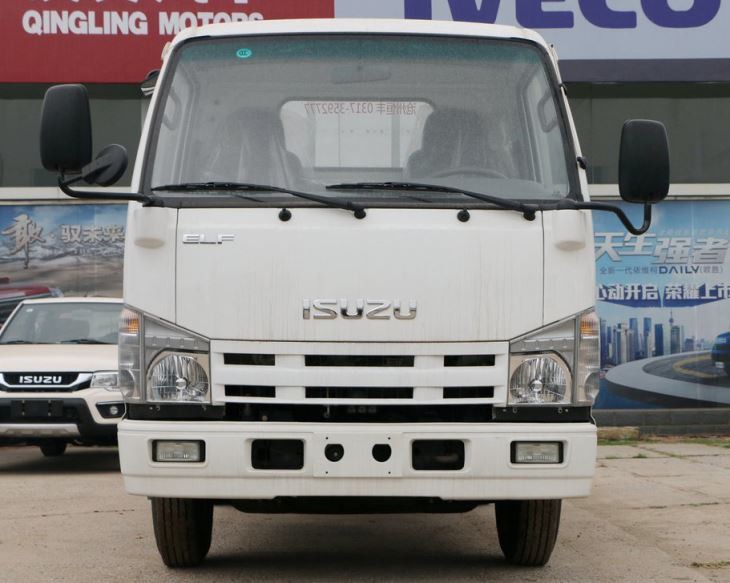Introduction to Non CDL Trucks
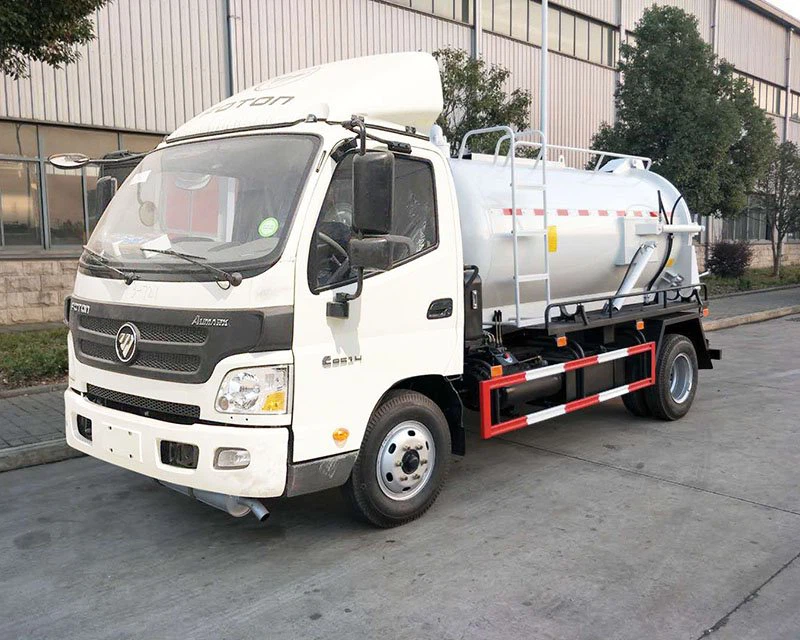
Non CDL trucks are a popular choice for many businesses and personal uses alike. These vehicles provide a greater degree of flexibility compared to their Commercial Driver’s License (CDL) counterparts. Whether you’re looking to transport goods, move furniture, or start a delivery service, understanding what non CDL trucks are, their advantages, and their limitations can help you make an informed decision. This comprehensive guide delves deep into non CDL trucks, covering specifications, types, and practical applications, all while ensuring you’re equipped with tips and knowledge to navigate this sector effectively.
What is a Non CDL Truck?
A non CDL truck is a vehicle that does not require a Commercial Driver’s License to operate. Generally, these trucks have a Gross Vehicle Weight Rating (GVWR) of 26,001 pounds or less. Non CDL trucks include various models like cargo vans, box trucks, pick-up trucks, and some larger passenger vans. Understanding this distinction is crucial for businesses or individuals who may not have the resources or need to operate larger vehicles that require special licensing.
Types of Non CDL Trucks
Cargo Vans
Cargo vans are enclosed vehicles designed for the transportation of goods. They often feature a high ceiling and a sizable cargo area, ideal for moving furniture or other large items.
Box Trucks
Box trucks, also known as cube trucks or straight trucks, are characterized by their rectangular cargo area. They are commonly used for local moves, deliveries, and transporting large loads. Most box trucks fall under the non CDL category.
Pickup Trucks
Pickup trucks are versatile vehicles that can transport people and cargo. They have a bed that allows for easy loading and unloading of items. Many full-size or mid-size pickups have a GVWR under the non CDL limit.
Large Passenger Vans
Large passenger vans, typically seating 10 to 15 people, can often be classified as non CDL vehicles. These vans are ideal for shuttle services, group outings, or family trips.
Advantages of Non CDL Trucks
Lower Licensing Requirements
One of the most significant advantages of non CDL trucks is that drivers do not need a commercial driver’s license to operate them. This makes it easier for individuals and companies to hire drivers or use personal vehicles for business purposes.
Cost-Effective
Non CDL trucks tend to be less expensive to purchase, insure, and maintain compared to larger CDL-required trucks. This cost efficiency is particularly beneficial for small businesses and independent contractors.
Ease of Operation
With simpler controls and visibility than larger trucks, non CDL trucks are often easier to operate. This can lead to reduced driver training time and a lower chance of accidents, making them safer options for many users.
Common Uses for Non CDL Trucks
Local Moving Services
Many people use non CDL trucks for local moving purposes. Box trucks and cargo vans are popular choices for people moving homes or transporting large items. They offer the required space without the need for a special license.
Delivery Services
Businesses that require regular deliveries often utilize non CDL trucks due to their practicality. These trucks can navigate urban environments more easily than larger commercial vehicles, making them great for last-mile delivery services.
Construction and Landscaping
Non CDL trucks are also widely used in the construction and landscaping industries. They transport tools, materials, and equipment to job sites without the need for commercial licensing, allowing smaller businesses to stay agile.
Legal Considerations and Regulations
Weight Limits
It’s essential to understand the weight limits associated with non CDL trucks. Trucks with a GVWR of 26,001 pounds or less do not require a commercial license. However, exceeding this limit can lead to legal ramifications.
Local Regulations
Different states or municipalities may have specific regulations governing non CDL truck usage. Always check local laws for parking, emission standards, and other requirements to avoid fines or penalties.
Safety Tips for Operating Non CDL Trucks
Pre-Trip Inspections
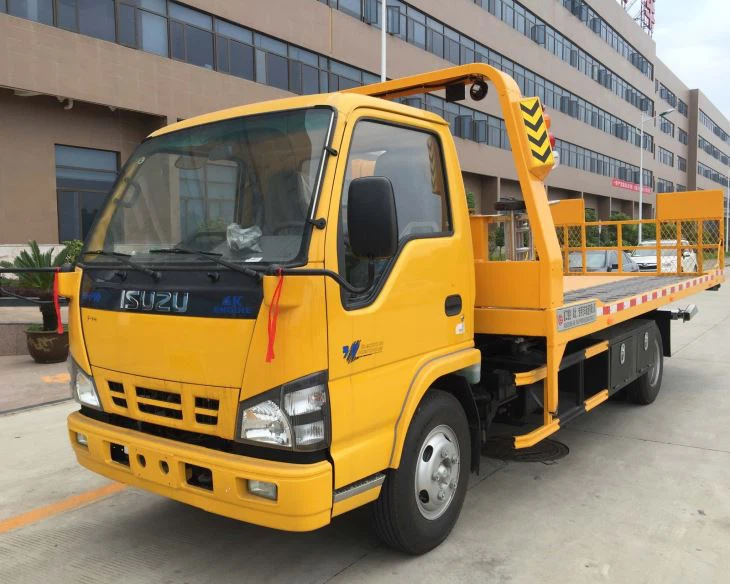
Before operating a non CDL truck, perform a thorough pre-trip inspection. Check brakes, lights, tires, and fluid levels to ensure safety and compliance with transportation regulations.
Proper Loading Techniques
When loading a non CDL truck, distribute weight evenly to maintain stability and prevent tipping. Secure loads with straps or nets to avoid shifting during transit.
Awareness of Blind Spots
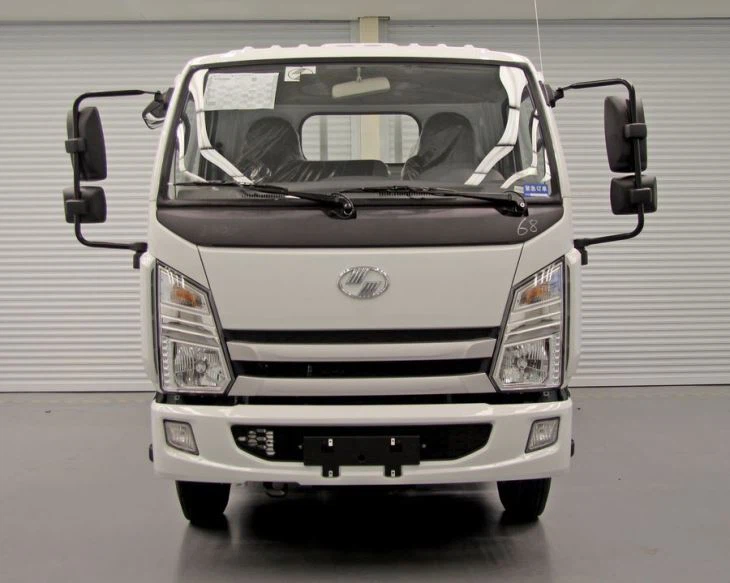
Non CDL trucks can have larger blind spots than passenger vehicles. Always be aware of your surroundings and use mirrors effectively, especially when changing lanes or turning.
Choosing the Right Non CDL Truck
Assessing Your Needs
Consider what you will primarily use the truck for — whether it’s moving, deliveries, or transporting goods. Understanding your specific requirements will help dictate the type and size of the truck you choose.
Evaluating Fuel Efficiency
Different non CDL trucks vary in terms of fuel efficiency. Evaluate potential models for mpg ratings to determine which will be both economical and environmentally friendly.
Cost of Non CDL Trucks
The cost of non CDL trucks can vary significantly based on the make, model, and condition. Below is a table summarizing the typical price range for common types of non CDL trucks:
| Type of Non CDL Truck | Price Range (New) | Price Range (Used) |
|---|---|---|
| Cargo Van | $30,000 – $50,000 | $15,000 – $25,000 |
| Box Truck | $40,000 – $70,000 | $25,000 – $40,000 |
| Pickup Truck | $25,000 – $55,000 | $10,000 – $30,000 |
| Large Passenger Van | $30,000 – $45,000 | $15,000 – $25,000 |
Frequently Asked Questions (FAQs)
1. Do I need a special license to drive a non CDL truck?
No, you do not need a Commercial Driver’s License to operate a non CDL truck as long as it has a GVWR of 26,001 pounds or less. However, a regular driver’s license is still required.
2. What are the weight limits for non CDL trucks?
Non CDL trucks generally have a Gross Vehicle Weight Rating (GVWR) of 26,000 pounds or less. Exceeding this rating may require a CDL.
3. Can I use a non CDL truck for business purposes?
Yes, non CDL trucks are frequently used for various business activities, such as deliveries, moving services, and transportation of goods.
4. What should I consider when buying a non CDL truck?
Consider your specific needs, including payload capacity, fuel efficiency, and the types of goods you’ll transport. Additionally, evaluate both new and used options for the best deal.
5. Are non CDL trucks safe to operate?
Yes, as long as proper safety procedures are followed. Regular maintenance and pre-trip inspections significantly enhance the safety of operating non CDL trucks.
6. What are the best practices for loading a non CDL truck?
Load items evenly to maintain balance, secure all loads with straps or nets, and follow weight distribution principles to ensure safety during transit.
